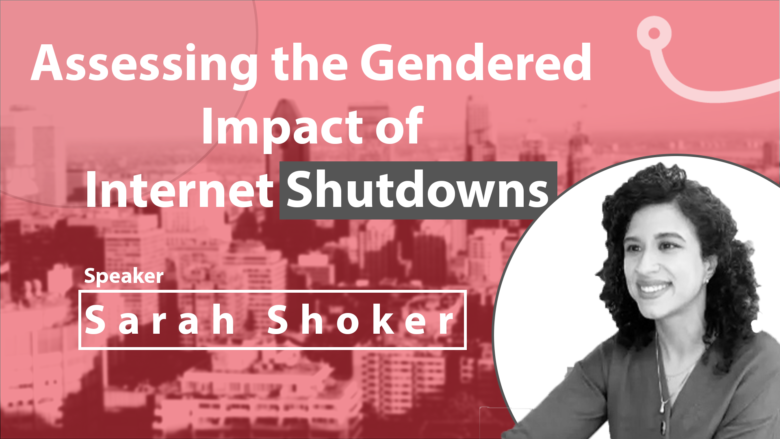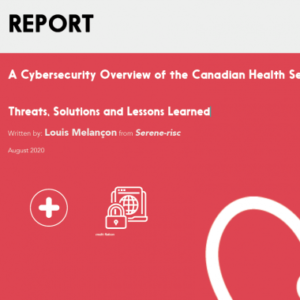Presented by Sarah Shoker as a part of the 2020 Serene-risc Workshop on The State of Canadian Cybersecurity Conference: Human-Centric Cybersecurity.
About the presentation
Internet shutdowns are increasing worldwide, from 106 in 2017 to 196 in 2018 (Access Now 2019). Prior to the 2011 Internet Shutdown in Egypt, only two countries had initiated nation-wide Internet shutdowns: Nepal In 2005 and Myanmar in 2007. In less than 10 years, governments around the world have normalized Internet shutdowns as a security response to both peaceful political mobilization and violent political protest. Internet shutdowns are politically-orchestrated critical infrastructure failures that come with a long list of negative effects on local communities. Women are more likely to be targeted with sexual violence and other forms of politicial disenfranchisement. Activists lose the ability to broadcast human rights violations to a transnational audience. Moreover, Internet shutdowns cost the global economy over $8 billion dollars in 2019 (Taylor 2020). In a series of interviews I conducted with government protestors from countries that had experienced Internet shutdowns, I found that Internet shutdowns exacerbated gender inequality and created a number of obstacles for women’s political engagement. These findings were used to help Global Affairs Canada mainstream gender into the government’s cybersecurity agenda at the United Nations Open-ended Working Group on digital Information Communication Technologies in the Context of International Security.
About the speaker
Dr. Sarah Shoker is a SSHRC postdoctoral fellow in political science at the University of Waterloo where she researches the security impact of emerging technologies. Her work is highly requested by policymakers, most recently as a member of the Government of Canada’s Advisory Council on Artificial Intelligence as a member of the Public Awareness Working Group. Her research on military drones and autonomy in military systems is currently under contract with Palgrave MacMillan, with publication scheduled for 2020.



